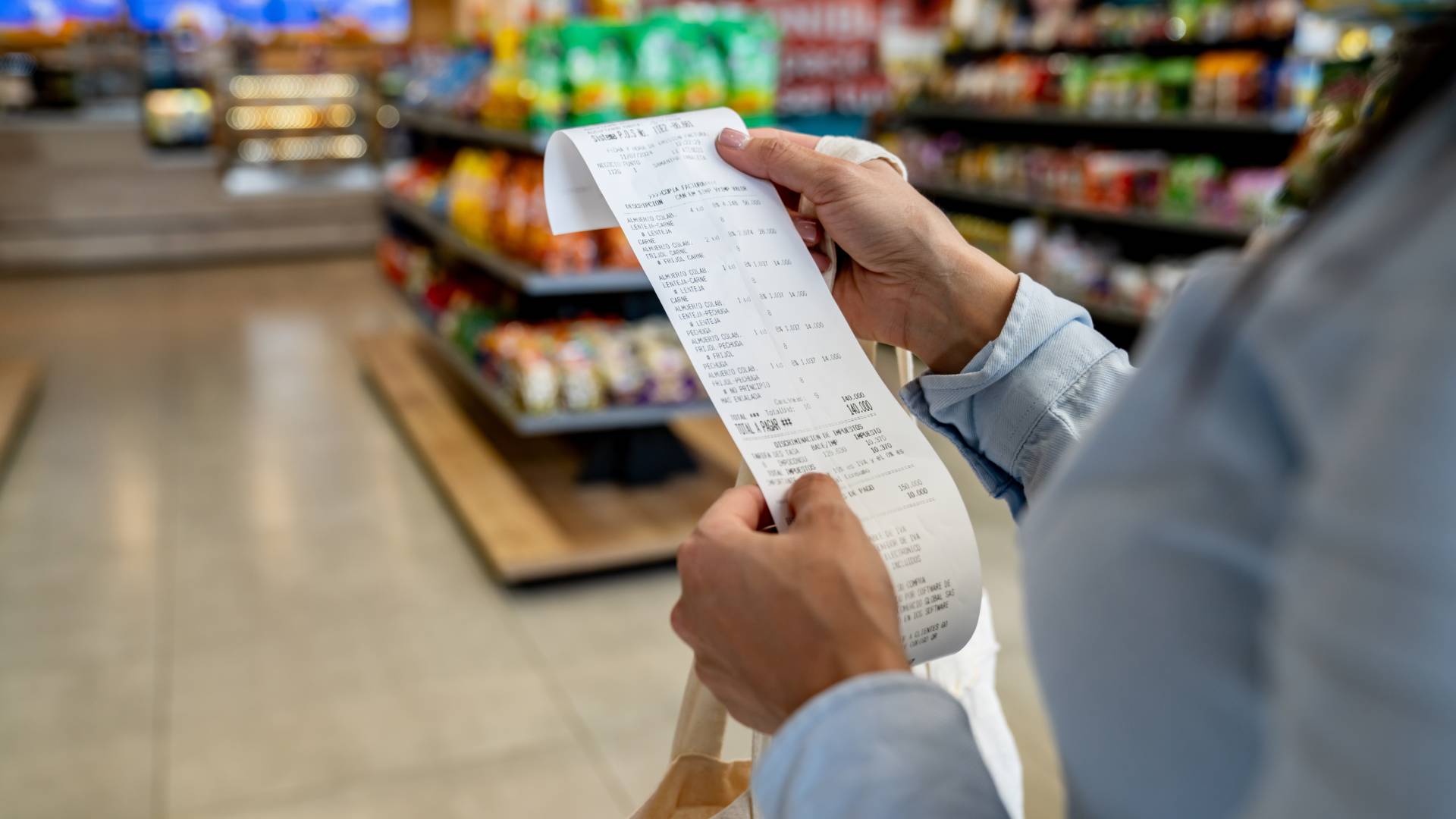How to Eat Plant-Based on a Budget: A Dietitian’s Guide

Grocery costs are top of mind for many Americans right now, and for good reason.
A recent nationally representative survey found that 77% of U.S. adults feel grocery prices are too high. At the same time, many assume that eating plant-based would only make things worse—with 61% of respondents saying they believe a plant-based diet is inherently more expensive than one that includes meat and dairy.
As a dietitian, I want to unpack these beliefs—because misconceptions like these may be holding people back from what can be an incredibly affordable and nourishing way of eating.
Let’s explore what’s really driving high grocery bills, what the data tell us about the cost of plant-based eating, and how you can minimize costs while maximizing nutrition. Let’s also dive into cost-saving tips, common pitfalls, and practical plant-based swaps that can help stretch your grocery budget further.
What the Data Show
One of the most striking findings from the survey is that 70% of U.S. adults say meat is the item they spend the most money on. That lines up with what I’ve seen as a dietitian—meat and other animal products often end up being some of the priciest items in people’s carts. And lest we forget about the astronomical egg prices as of recent months.
This raises a key opportunity. Shifting to plant-based proteins—like beans, lentils, tofu, or tempeh—can lead to meaningful savings over time.
And according to a 2024 study published in JAMA Network Open, people following a low-fat vegan diet cut grocery costs by 19% compared with a Standard American Diet, and by 25% compared with a Mediterranean diet.
That translates to more than $650 per year in savings compared with the Standard American Diet, and over $870 per year compared with the Mediterranean diet.
Cost-Saving Tips From a Dietitian
As a registered dietitian, I often hear people say they want to eat healthier but worry about the cost. Here’s the part that often surprises them: Eating more plant-based meals can actually lower your grocery bill—especially when you focus on affordable, versatile staples.
Over the years, I’ve seen certain habits make a big difference. Here are a few strategies I often recommend to help stretch your food budget while eating plant-based:
Build meals around starches
Whole grains and starchy vegetables aren’t just affordable—they’re the backbone of filling, balanced meals. Think potatoes, brown rice, oats, and whole-grain pasta. A bag of dried brown rice can stretch into a dozen meals for just a few bucks.
Buy canned and frozen
You don’t have to buy all fresh produce to eat well. While fresh fruits and vegetables are great when they’re accessible and in your budget, canned and frozen options are also valuable—and often more convenient. Frozen veggies are picked and flash-frozen at peak ripeness, locking in nutrients and giving you more time to use them. Canned beans, tomatoes, corn, and greens are shelf-stable, affordable, and ready when you are—no chopping, washing, or racing the clock before they spoil.
Shop seasonally
Seasonal produce isn’t just tastier—it’s often cheaper because there’s more supply. Summer squash in July? Affordable. Zucchini in February? Not so much. Most grocery stores don’t tell you what’s in season, so a quick online search or farmers market visit can help you plan your week’s meals around the most cost-effective options.
Choose store brands
Brand loyalty can cost you. Store-brand peanut butter, canned goods, and plant milks are often made in the same facilities as name-brand versions—but without the premium price tag. Swapping out just a few pantry staples for generic can lead to noticeable savings over time, especially for items you buy regularly.
Limit specialty items
Vegan cheeses, nuggets, and frozen entrees can be fun and convenient—but they’re often priced like luxury goods. If you rely on them daily, the costs rack up fast. Meals centered around whole plant foods like beans, lentils, grains, and vegetables tend to be far more cost-effective.
Batch cook and freeze
Cooking in bulk saves more than time—it saves you from impulse takeout orders and repeated grocery runs. Large batches of soup, chili, curry, or stir-fry freeze beautifully and stretch across the week. You also waste fewer ingredients because you’re using up the full bag of spinach or entire can of beans instead of letting leftovers rot in the fridge.
Common Pitfalls That Raise Grocery Costs
Even with the best intentions, a few common habits can quietly drive up your grocery bill. Here’s what I often see—and how to avoid them:
Treating specialty items as daily staples
Products like vegan nuggets, specialty yogurts, and meat alternatives have their purpose, but certain ones can be priced like premium items. If those items make up the bulk of your meals, costs add up fast. If you're price conscious and still would like to include these items in your diet, try using them as accents rather than anchors.
Assuming everything has to be organic
Organic produce has its benefits—but it’s not the only way to eat well. Frozen, canned, and conventional fruits and vegetables still provide important nutrients and are often more affordable. If cost is a limiting factor, don’t let the pressure to buy organic keep you from filling your cart with produce.
Shopping only at premium grocery stores
Specialty markets are great—but they’re not always the best choice if you’re watching your budget. Places like Aldi, Walmart, or international grocery stores often carry many of the same pantry staples for a fraction of the price.
Skipping meal prep altogether
Without a rough plan, it’s easy to fall into the trap of daily grocery runs or last-minute takeout. A little prep—batch cooking, using leftovers, or just mapping out meals—can go a long way in keeping food costs predictable and waste low.
Closing Thoughts
Plant-based eating can be misunderstood as expensive or inaccessible—but in reality, it can be one of the most budget-friendly ways to eat. With the right strategies and a focus on staples like beans, grains, and seasonal produce, it’s more than possible to nourish yourself and stretch your grocery budget at the same time.
A growing body of evidence shows that plant-based diets aren’t just good for your health—they can also lighten the load on your grocery bill.
And in today’s economy, that matters more than ever.
Xavier Toledo, MS, RD, LDN
Xavier is a plant-based registered dietitian passionate about making nutrition education engaging and accessible. He bridges the science with practical guidance, helping people translate evidence-based recommendations into simple, actionable steps for everyday life.








